detail profile aleksandr sokurov
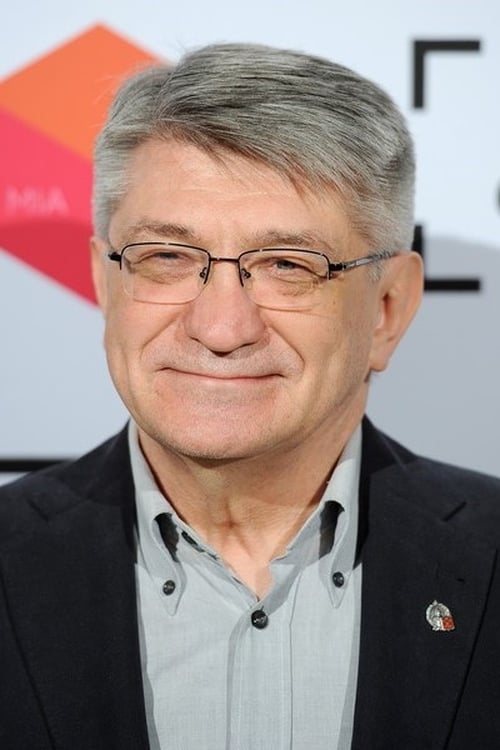
Aleksandr Sokurov
Alexander Sokurov
atau dikenal sebagai
Riwayat Hidup
Aleksandr Sokurov (born June 14, 1951) is a Russian director of avant-garde and independent films that have won him international acclaim.
Described as a heir to Tarkovsky, spare, gloomy and contemplative, he often blurs lines between image and world.
His noticable trademark and style includes long, accurate shots of real painterly compositions, disorted field of view, zooms and use of wide angle lenses.
Often plotless with emphasis on aesthetics and impressionism his films are noted for philosophical approach to history and nature.
Sokurov underlines the importance of film, not to yield to the modern audience laziness, and to stay away from mere entertainment.
His most significant works include a feature film, Russian Ark (2002), filmed in a single unedited shot, Mother and Son (1997) and Faust (2011), which was honoured with the Golden Lion, the highest prize for the best film at the Venice Film Festival.
Info Pribadi
Peran Yang Di Mainkan Aleksandr Sokurov
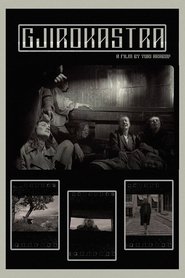 Albania in the 1960s the city...
Albania in the 1960s the city...Gjirokastra 2024
Albania in the 1960s, the city of Gjirokastra. Katya, a graduate of the Philology Department of Moscow State University, marries an Albanian, a young historian whom she met in Moscow. Soon after Katya enters into a dialogue with the dictator Enver Hoxha at an art exhibition, her husband is arrested on trumped-up charges.
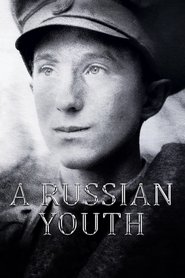 A teenage soldier in World War...
A teenage soldier in World War...A Russian Youth 2019
A teenage soldier in World War I—a simple village boy with a naive youthful dream of fame and medals—throws himself into the unknown and goes blind in the first battle, thus taking on a new job: intercepting enemy planes by listening to the air through huge metal funnels.
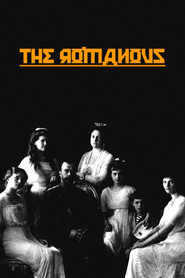 Yekaterinburg Russia July 17th 1917 Czar Nicholas...
Yekaterinburg Russia July 17th 1917 Czar Nicholas...The Romanovs: Glory and Fall of the Czars 2013
Yekaterinburg, Russia, July 17th, 1917. Czar Nicholas II Romanov and his entire family are brutally murdered by the Bolsheviks. This tragic event puts an end to the long dynasty that had ruled the country with an iron hand since the coronation of Michael I Romanov in 1613.
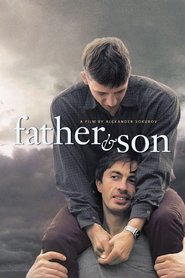 In this dreamlike film a nameless...
In this dreamlike film a nameless...Father and Son 2003
In this dreamlike film, a nameless father and his son, Aleksei, live together in an apartment in St. Petersburg. Aleksei's mother has died and consequently the two have a very close relationship. When Aleksei acquires a girlfriend, she refuses to take a back seat to his bond with his dad, and breaks up with him. Aleksei is also experiencing nightmares, dreading separation from his father to be a part of the military as his father was.
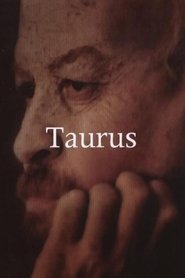 Unfolding over two days in 1924 the...
Unfolding over two days in 1924 the...Taurus 2001
Unfolding over two days in 1924, the film depicts the dying Lenin, world revolutionary and father of the USSR, now powerless and isolated at his Gorki estate. Cared for by his wife, Nadezhda Krupskaia, sister Maniasha, his German doctor and several attendants, Lenin raves about his diminishing faculties, discusses the deaths of great figures (including Marx), rides a car to a picnic in a meadow and ponders his historic legacy.
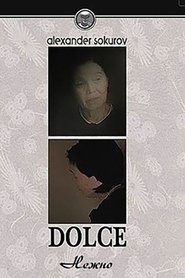 A documentary portrait of Miho Shimao...
A documentary portrait of Miho Shimao...Dolce 2000
A documentary portrait of Miho Shimao, widow of renowned Japanese writer Toshio Shimao.
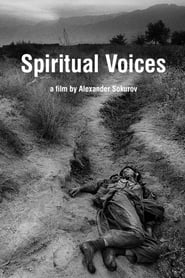 In 1994 Alexander Sokurov accompanied Russian troops...
In 1994 Alexander Sokurov accompanied Russian troops...Spiritual Voices 1995
In 1994, Alexander Sokurov accompanied Russian troops assigned to a frontier military post at the Tajikistan/Afghanistan border to film their experiences. While unnamed tribal forces occasionally engaged the troops in skirmishes, Sokurov’s haunting documentary chronicles the downtime between activity.
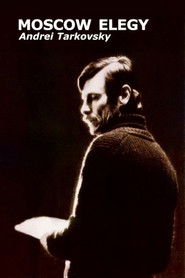 A 1988 documentary film directed by Alexander...
A 1988 documentary film directed by Alexander...Moscow Elegy 1987
A 1988 documentary film directed by Alexander Sokurov, about the later life and death of Soviet Russian filmmaker Andrei Tarkovsky. The film was originally intended to mark the 50th birthday of Tarkovsky in 1982, which would have been before his death. Controversy with Soviet authorities about the film's style and content led to significant delays in the production.
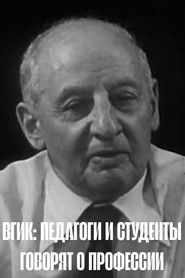 The story of VGIK teachers and...
The story of VGIK teachers and...VGIK: Teachers and Students Talk About the Profession 1979
The story of VGIK teachers and students about the acting profession.
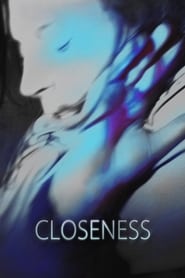 1998 Nalchik A Jewish family is in...
1998 Nalchik A Jewish family is in... Master filmmaker Alexander Sokurov Russian Ark...
Master filmmaker Alexander Sokurov Russian Ark...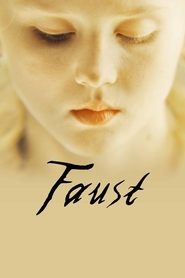 A doctor in early 19thcentury Germany...
A doctor in early 19thcentury Germany...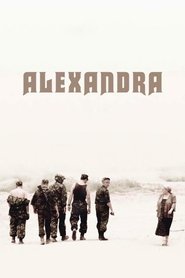 Elderly Aleksandra visits her Russian soldier...
Elderly Aleksandra visits her Russian soldier...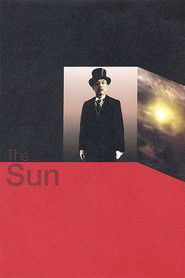 A reimagination of Japanese Emperor Hirohitos...
A reimagination of Japanese Emperor Hirohitos...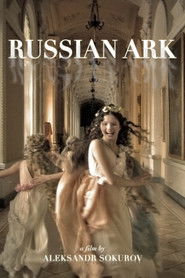 A ghost and a French marquis...
A ghost and a French marquis...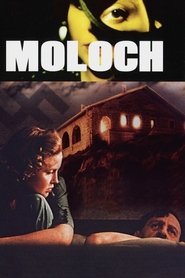 In 1942 Bavaria Eva is alone when...
In 1942 Bavaria Eva is alone when...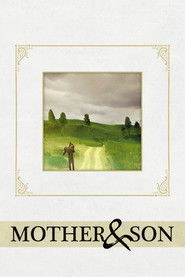 A man goes for a walk...
A man goes for a walk...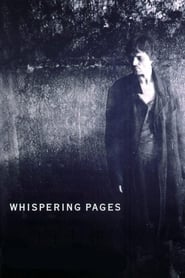 An anonymous man wanders through decomposing...
An anonymous man wanders through decomposing...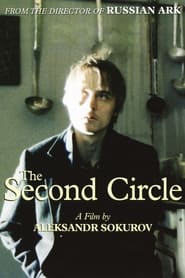 A man tries to come to...
A man tries to come to...